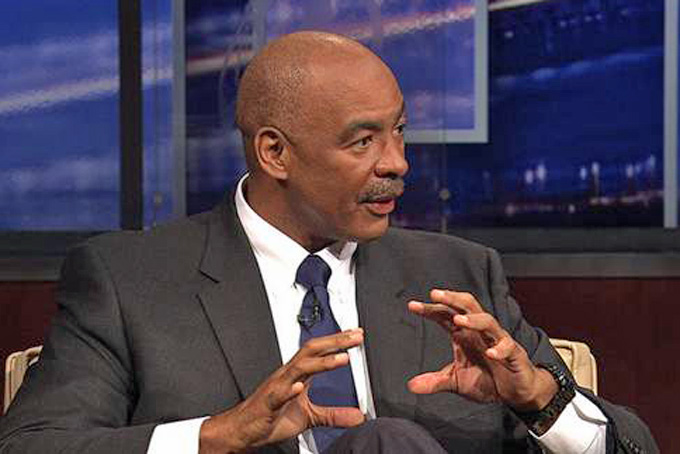
Editors Note: This week’s guest on INSIDE THE NFL is Pro Football Hall of Famer Kellen Winslow, Sr. Winslow took time before taping the episode to speak with SHOWTIME Sports’ NFL blogger Jason Cole about player safety and concussions, particularly for parents and children.
Hall of Fame tight end Kellen Winslow Sr. has a simple answer to some of the concerns over player safety and concussions, particularly for parents and children who worry about the long-term effects of football.
Follow his example and don’t play.
“I don’t think so, not based on my experience,” said Winslow, a Hall of Fame tight end who is the original great pass catcher at his position. What Winslow, this week’s Pro Football Hall of Fame guest on INSIDE THE NFL, began in the 1980s with San Diego is what men such as Tony Gonzalez, Rob Gronkowski and Jimmy Graham have enhanced.
Make no mistake. Winslow’s opinion is not some sarcastic, dismissive response to real concerns. Winslow strongly believes that kids should avoid playing tackle football until they are 15, although he had to relent with his own son, current New York Jets tight end and former first-round draft pick Kellen Jr.
“I kept him out of it as long as I could,” Winslow said.
You could say that Winslow Sr. is echoing the remarks of Dr. Robert Cantu, the Boston University neurosurgeon and senior advisor to the NFL head, neck and spine committee. Cantu recently recommended that children not play football until they are 14 because the brain and skull are particularly susceptible to trauma at an early age.
Except Winslow was saying this 25 years ago, when he started a youth flag football league in San Diego in response to poor coaching and excessive injuries he was seeing at the time.
“I’d see 7- and 8-year-olds going out there getting bloody, getting hurt, having broken bones and bad coaching and it was largely because of a lot of parents who wanted to see their kids go out and play, not because it was good for the kids,” said Winslow, who also stopped attending summer camps and clinics because of what he saw.
So Winslow started his league with a focus on building fitness and playing skills. He and other organizers even debated using helmets, eventually concluding that it was a bad idea because it would take away from focusing on the flags. Along the way, many players from the league went on to play in college.
This concept piggybacked on his experience.
Winslow didn’t start playing organized football until his senior year in high school in East St. Louis, Ill. He went out for the team only after the football coach came to his geometry class and convinced him he had the skill set to play the game. In Winslow’s case, he possessed game-changing ability.